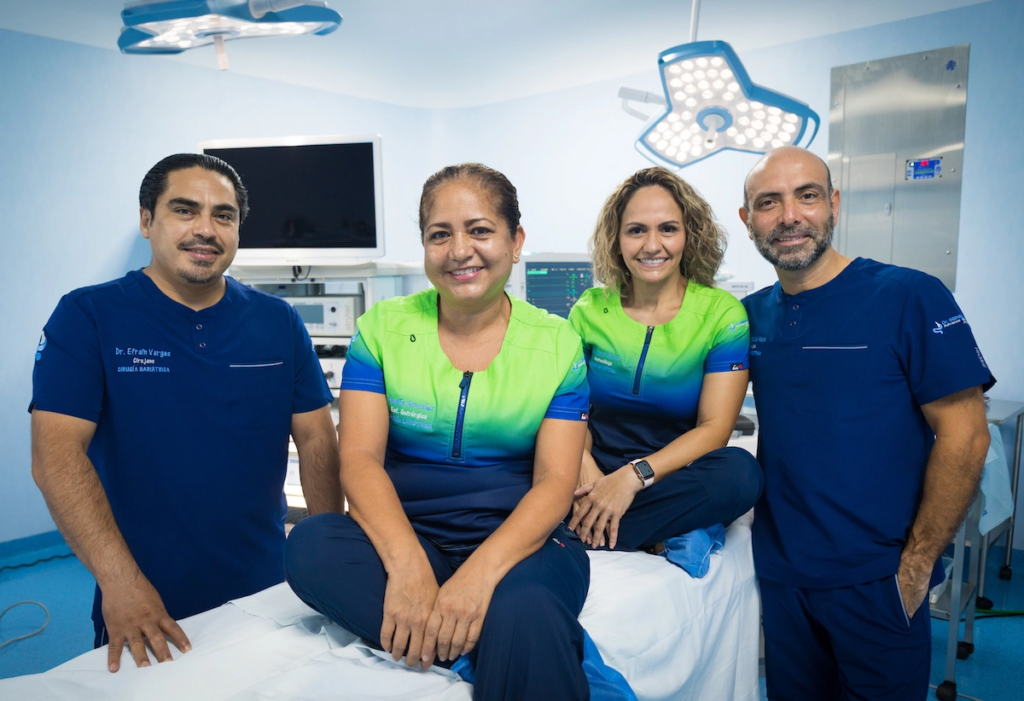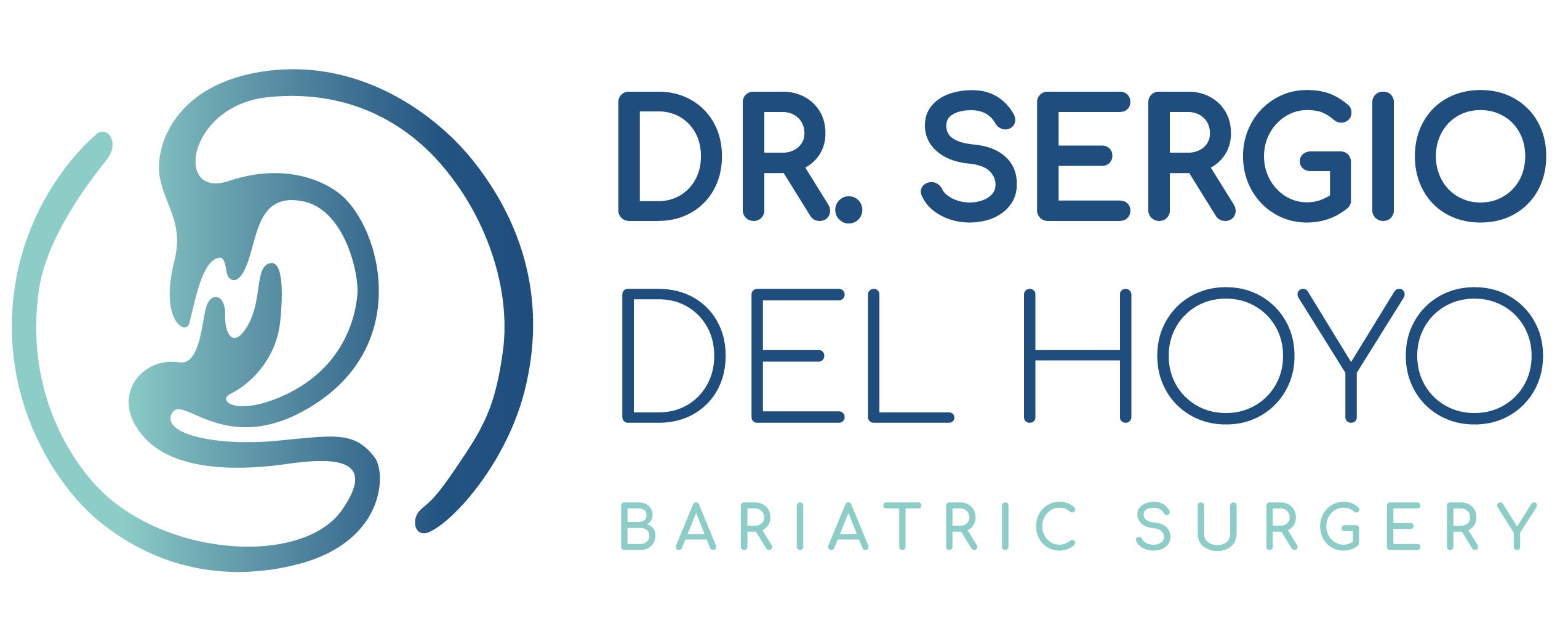Hernia Surgery
Travel to Mexico to receive world-class care and perform your Hernia Surgery in Mexico while enjoying the beautiful beaches of Puerto Vallarta.
Hernia Surgery
There are different types of hernias. The most common ones are umbilical hernias and inguinal hernias. There are also hernias of the abdominal wall after a surgery, which are called ventral hernias.
From the medical point of view, the hernia occurs due to weakness in the abdominal muscular walls and in the abdominal wall fascia.
What types of hernias are there?
The types of hernias depend on their location:
• Femoral hernia: a bulge in the upper part of the thigh, just below the groin. This type is more common in women than in men.
• Surgical or ventral hernia: if you have had an abdominal surgery in the past, this type of hernia can come about through a scare.
• Umbilical hernia: a bulge near the navel. It happens when the muscle near the navel does not completely close or opens due to a force applied improperly.
• Inguinal hernia: a bulge in the groin. This type is more common in men and can go all the way down to the scrotum.
Causes of hernias
There is usually not a clear cause of a hernia. They can sometimes result from lifting heavy objects, using extra force while using the bathroom or any other activity that increases pressure in abdomen. Hernias occur when there is weakness in the abdominal wall.
Babies and children can also develop hernias. These can be present at birth, but is possible that the bulge is not noticeable or that there are no symptoms of the hernia until later in life.
Any activity or health problem that increases pressure on the tissue and muscles of the abdominal walls can lead to different types of hernias. Some can be:
• Chronic constipation and pushing hard during bowel movements.
• Chronic coughing
• Cystic fibrosis
• Enlarged prostate and using force to urinate
• Being overweight
• Liquid in the abdomen (ascites)
• Lifting heavy objects
• Peritoneal dialysis
• Malnutrition
• Smoking or other tobacco use
• Excessive force
• Undescended testicles
Hernias can also occur is there is a family history of them.
Hernia Symptoms
The main sign of having a hernia is the appearance in any part of the abdomen or groin as a mass that comes out and occasionally causes pain. Some people have discomfort or pain that can get worse when the stand up, exert physical effort or lift heavy objects. As the hernia progresses, the most common symptom is a bulge that is sensitive and growing.
When the hernia enlarges, it can remain trapped inside the opening and lose its blood supply, which is referred to as throttling. The symptoms of a hernia when an area of the intestine has lost its blood supply include nausea and vomiting, and not being able to eliminate gas or have bowel movements. When this happens, an emergency surgery is needed.
OUR PROFESSIONALS

Frequently Asked Questions about Hernia Surgery
What are the types of hernias?
The most common types are umbilical and inguinal.
What are the causes of a hernia?
The causes of a hernia are lifting heavy objects, being overweight, prior history of abdominal issues and constipation.
What are the symptoms of a hernia?
The main symptom is the referred pain in the area where the hernia appears, whether umbilical or inguinal, in addition to a mass or bulge that comes out when exerting force.
How are hernias diagnosed?
The main diagnosis of a hernia is clinical, which is to say with a physical exam of the patient.
How are hernias treated?
The treatment of any kind of hernia is a surgery that generally depends on the size and location of the hernia and may use mesh to strengthen the muscular wall and prevent the hernia from returning. Depending on the type of hernia, the surgery can repair the hernia by laparoscopy.
Schedule your assessment
Send us your information


